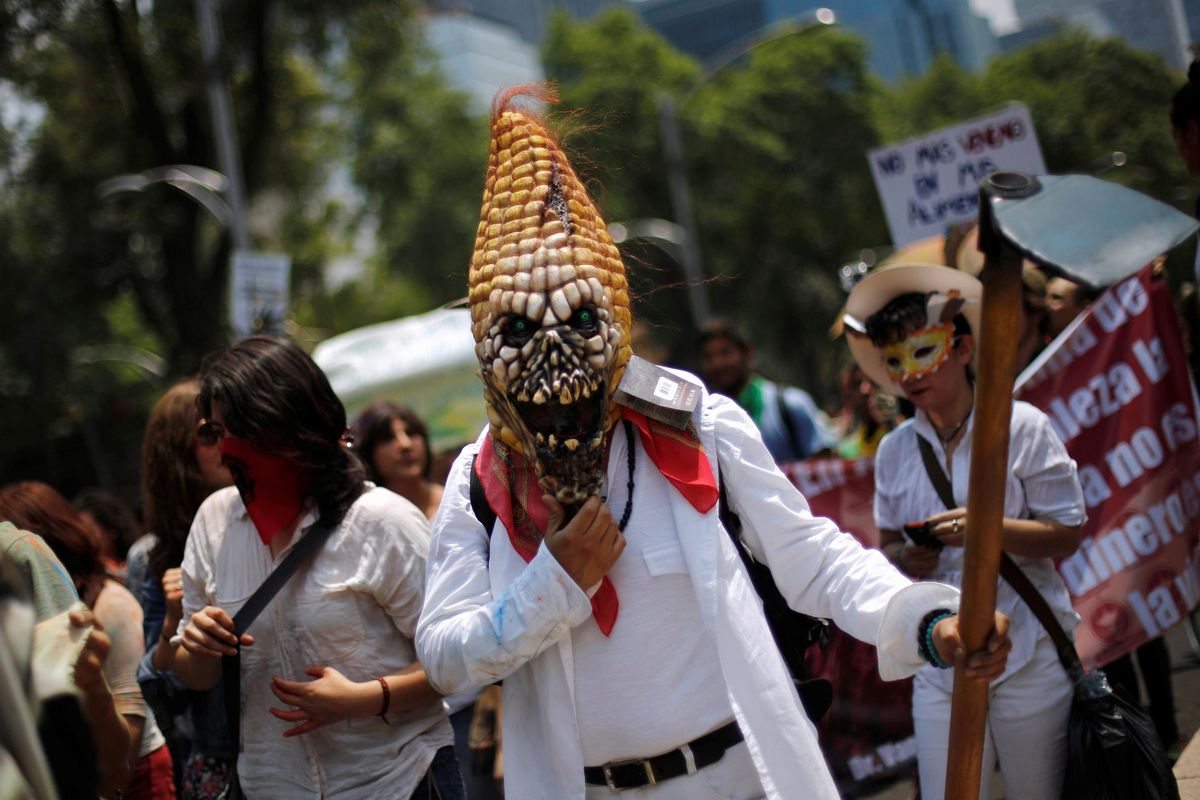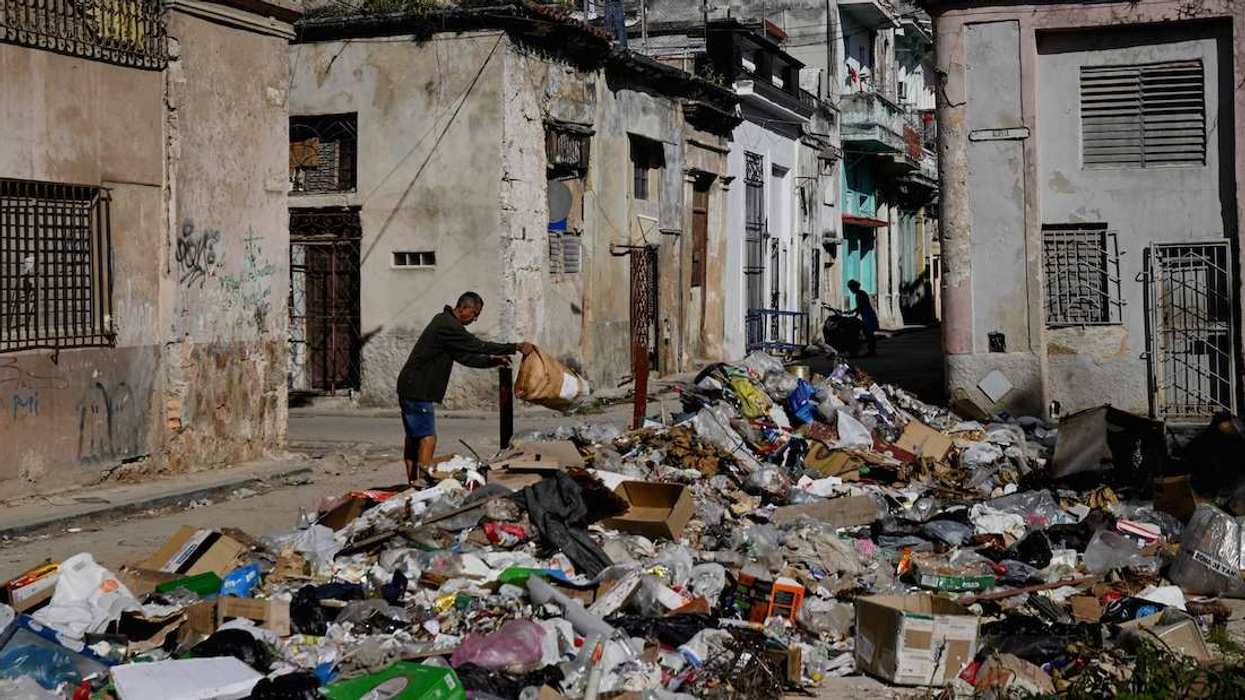US and Mexico spar over corn
Mexico and the United States are on a collision course over an issue of serious economic concern to farmers on both sides of the border: Mexico’s imports of US corn. Mexico is the world’s second-largest importer of corn (after China), and much of it comes from the country’s giant neighbor to the north. Before he became president in 2018, candidate Andres Manuel López Obrador promised to halt the import of genetically modified corn by January 2024 over fears that GMO seeds would threaten Mexico’s own corn varieties. A total ban on GMO corn would cut US corn exports to Mexico by half, with major fallout for the US agriculture sector. The Trump and Biden administrations have both tried to bargain with López Obrador over this question, in part by reminding him that US corn is a major source of Mexico’s animal feed and that the quantities sold by the US would be impossible to replace. But so far, Mexico’s president hasn’t budged. With the deadline for action looming, Washington threatened legal action on Monday under the terms of the USMCA trade deal, which was signed by the US, Mexico, and Canada in 2020.


















